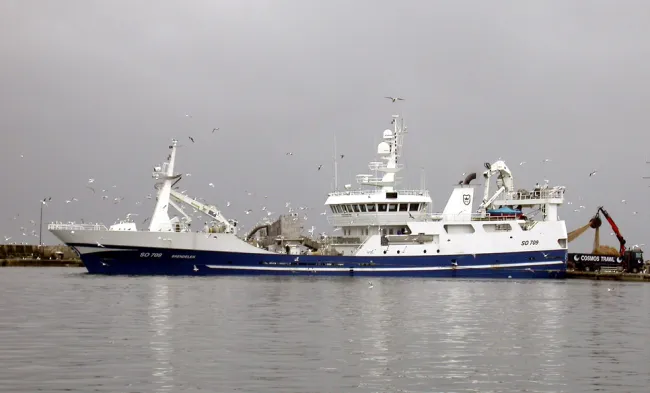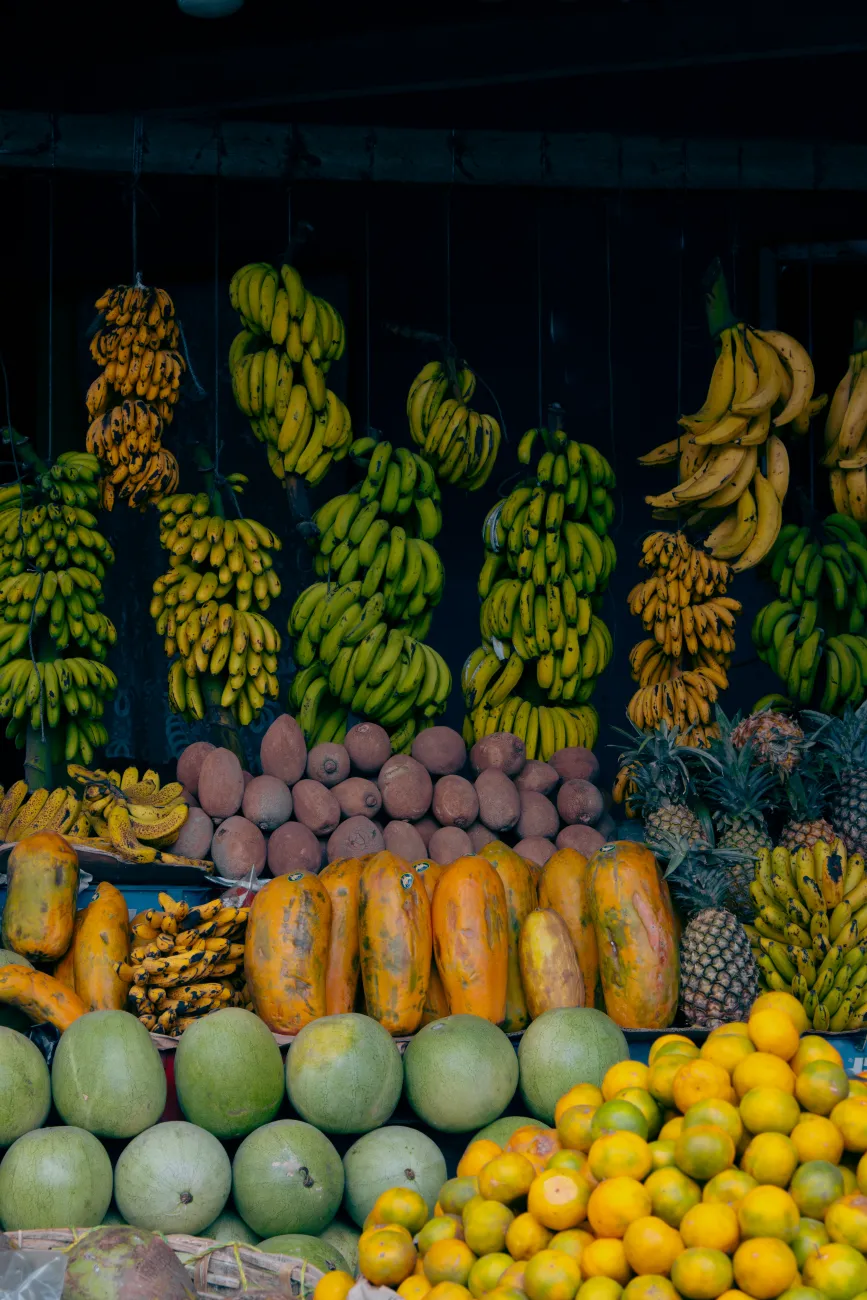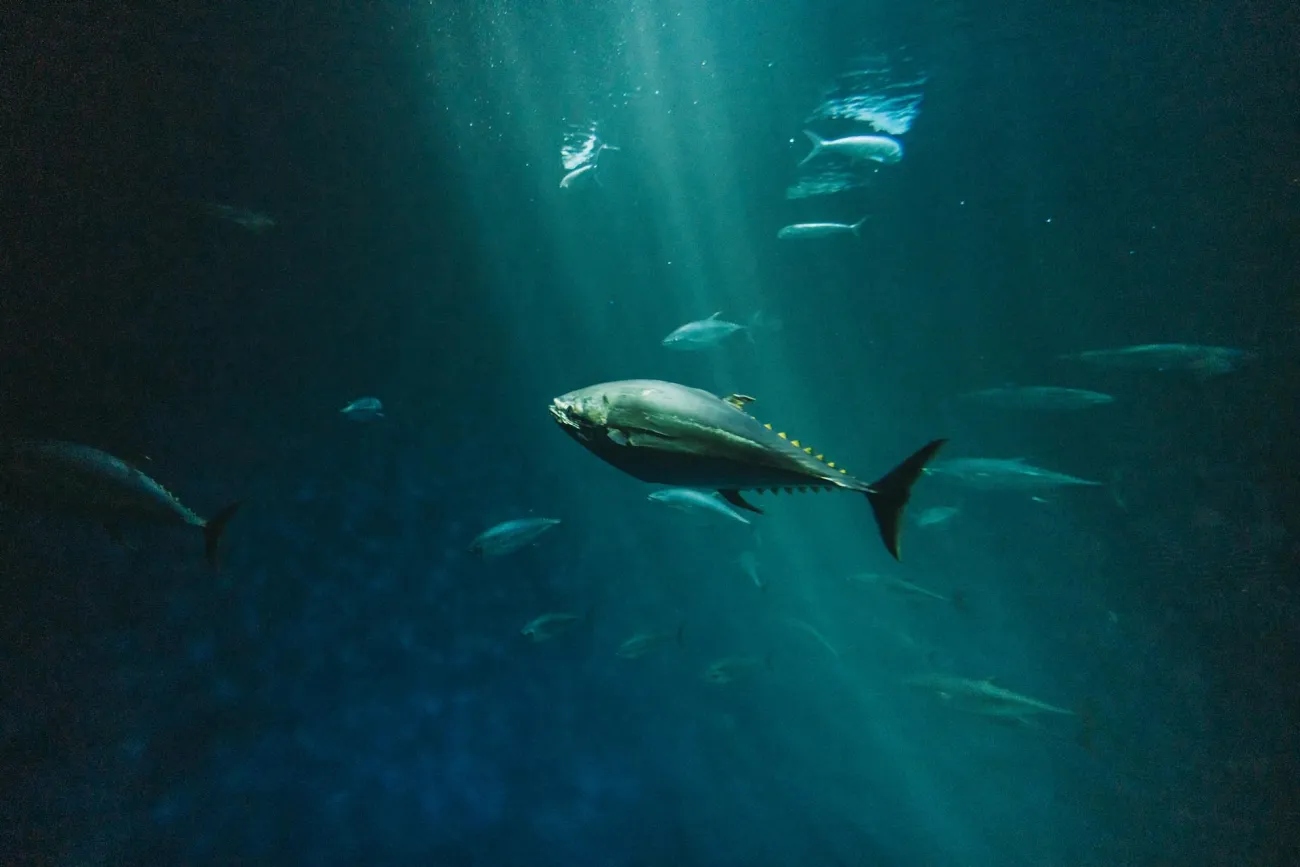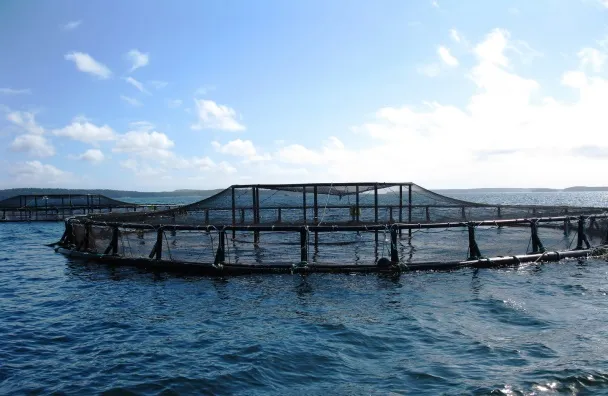The vast majority of industrial fishing (defined as fishing vessels of over 24 metres) is done by vessels that are registered to relatively wealthy countries, according to a recent paper. Vessels registered to high income and upper middle income countries (according to World Bank classifications) accounted for 97% of industrial fishing effort in international waters and 78% of industrial fishing effort in the national waters of poorer countries. China, Taiwan, Japan, South Korea, and Spain together account for most of the fishing effort.

The researchers used convolutional neural networks to analyse fishing activity data, based on automatic identification systems (AIS). The authors point out the limitations of the dataset, including: the researchers could not tell whether vessels had a “flag of convenience” (i.e. were registered to a country that they were not truly associated with); “industrial” fishing is distinguished from “artisanal” fishing only by vessel size; and vessels may not alway comply with AIS regulations.
Abstract
The patterns by which different nations share global fisheries influence outcomes for food security, trajectories of economic development, and competition between industrial and small-scale fishing. We report patterns of industrial fishing effort for vessels flagged to higher- and lower-income nations, in marine areas within and beyond national jurisdiction, using analyses of high-resolution fishing vessel activity data. These analyses reveal global dominance of industrial fishing by wealthy nations. Vessels flagged to higher-income nations, for example, are responsible for 97% of the trackable industrial fishing on the high seas and 78% of such effort within the national waters of lower-income countries. These publicly accessible vessel tracking data have important limitations. However, insights from these new analyses can begin to strategically inform important international- and national-level efforts underway now to ensure equitable and sustainable sharing of fisheries.
Reference
McCauley, D.J., Jablonicky, C., Allison, E.H., Golden, C.D., Joyce, F.H., Mayorga, J. and Kroodsma, D., 2018. Wealthy countries dominate industrial fishing. Science advances, 4(8), p.eaau2161.
Read the full article here. See also the Foodsource resource How do food systems affect fish stocks and marine habitats?




Comments (0)